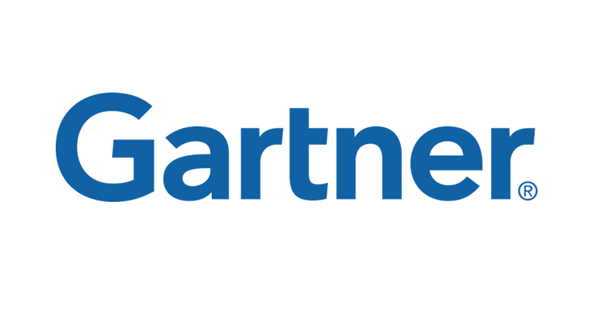13 Jan Using FHIR to Jump-Start Clinical Data Integration for U.S. Healthcare Payers
With the ONC and CMS interoperability mandates that are transforming clinical and administrative data exchange between payers, providers and patients, now’s the ideal time for payers to jump-start enterprise CDI investment to achieve compliance. As such, payers have the opportunity to embrace FHIR as the new common language for health data exchange, as well as tap into key vendors for bringing CDI initiatives to life. These were the key themes of the December 2022 refresh of the...











